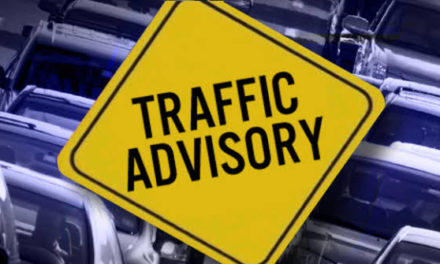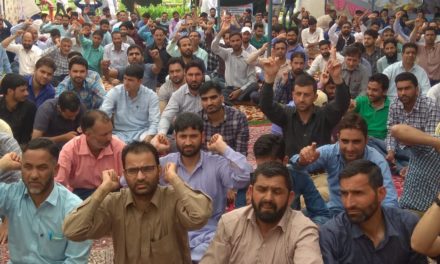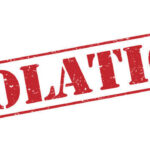![]()
KNZ NEWS DESK
US: Defying dire, worldwide warnings, President Donald Trump prepared Wednesday to declare Jerusalem as Israel’s capital, a move upending decades of U.S. policy and carrying unclear consequences for Mideast peace efforts.
Although officials said Trump would again delay action on his oft-repeated campaign promise to move the U.S. Embassy in Israel to Jerusalem from Tel Aviv, his decision to recognize Jerusalem as Israel’s capital risks infuriating the Muslim world, and potentially sparking protests that could fray American alliances in the world’s most volatile region.
Trump administration officials cast the president’s impending announcement as a simple acknowledgement of the “historical and current reality” of Jerusalem, which Israel effectively controls but whose status has been contested for centuries. But any presidential pronouncement, even couched as Trump’s personal opinion, breaks from Washington’s painstakingly maintained position of neutrality, which has held that the city’s ultimate fate must be determined through Israeli-Palestinian negotiation.
Ahead of Trump’s White House speech, Arab and Muslim leaders spoke about the potential for violence. In Gaza, hundreds of Palestinian protesters burned American and Israeli flags. They also waved Palestinian flags and banners proclaiming Jerusalem as their “eternal capital,” language that Israelis similarly use.
America’s consulate in Jerusalem has ordered U.S. personnel and their families to avoid visiting Jerusalem’s Old City or the West Bank, and urged American citizens in general to avoid places with increased police or military presence.

























